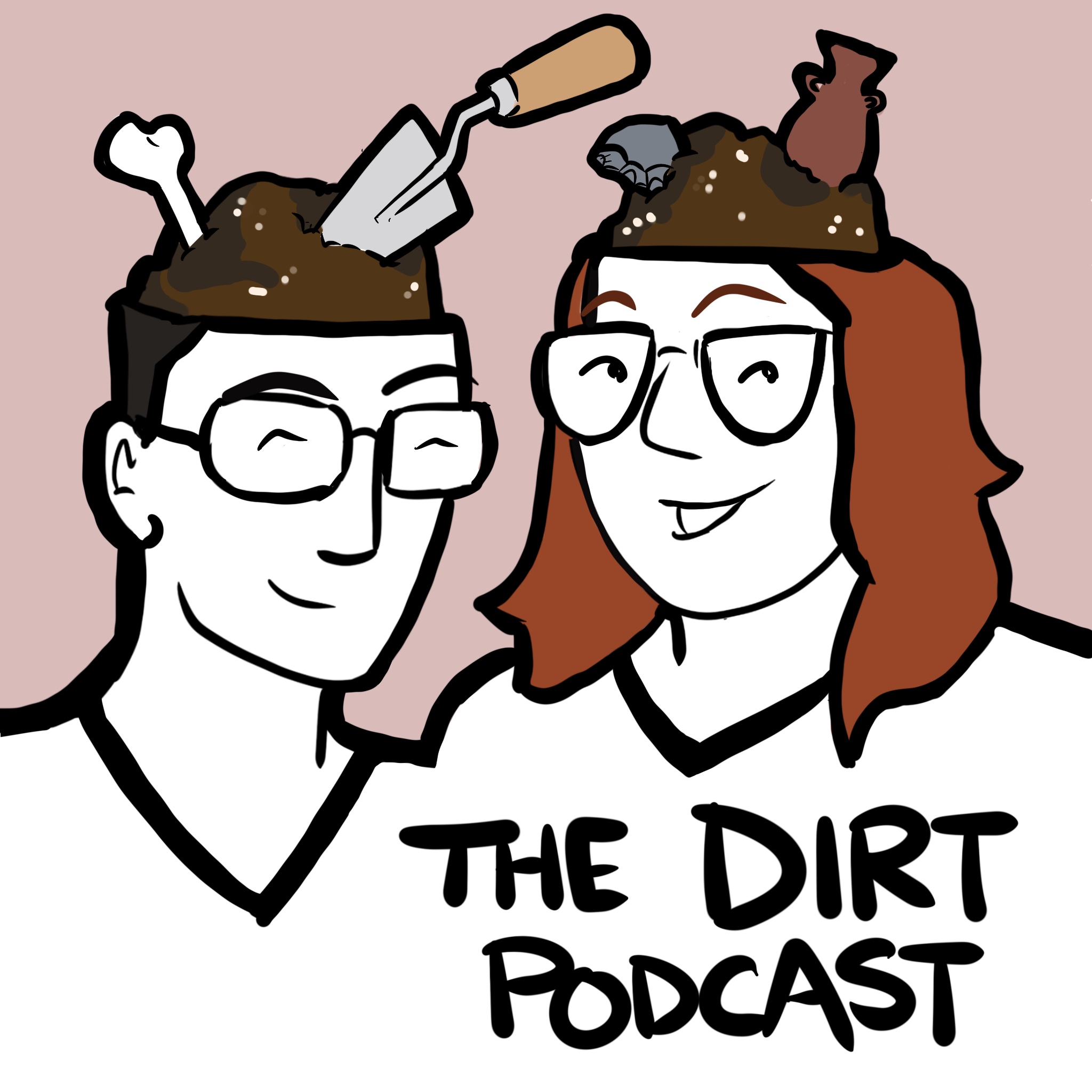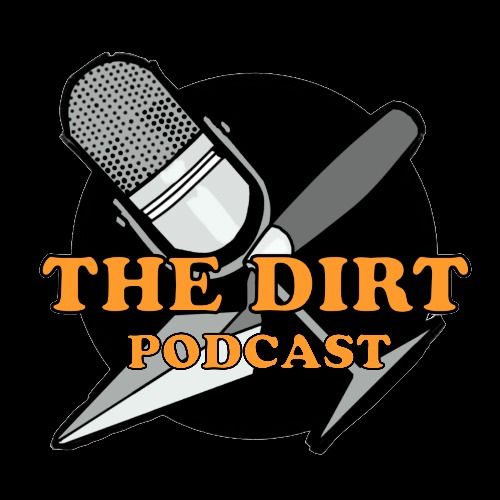Episode 56
Them There Hills: Mounds and the Myth of the Moundbuilders - Ep56
It’s all about mounds and moundbuilders on this week’s episode with Anna and Amber.
LinksCahokia: The Great Native American Metropolis (via WorldCat)Cahokia MoundsWatson Brake, a Middle Archaic Mound Complex in Northeast Louisiana (American Antiquity)12th-Century Cahokia Was a “Melting Pot” (Archaeology)Cahokia and the Excavation of Mound 72 (Lithics Casting Lab)The Ancient Mounds of Poverty Point: A Place of Rings (via WorldCat)Moundbuilders (Newberry)Early pottery: Technology, Function, Style, and Interaction in the Lower Southeast (via WorldCat)White Settlers Buried the Truth About the Midwest’s Mysterious Mound Cities (Smithsonian)Check out KenFeder’s take on the myth of the moundbuilders over on Archaeological Fantasies. He’s also the author of this week’s Dirt Book Club entry, Frauds, Myths, and Mysteries: Science andPseudoscience in Archaeology.ContactEmail the Dirt Podcast

